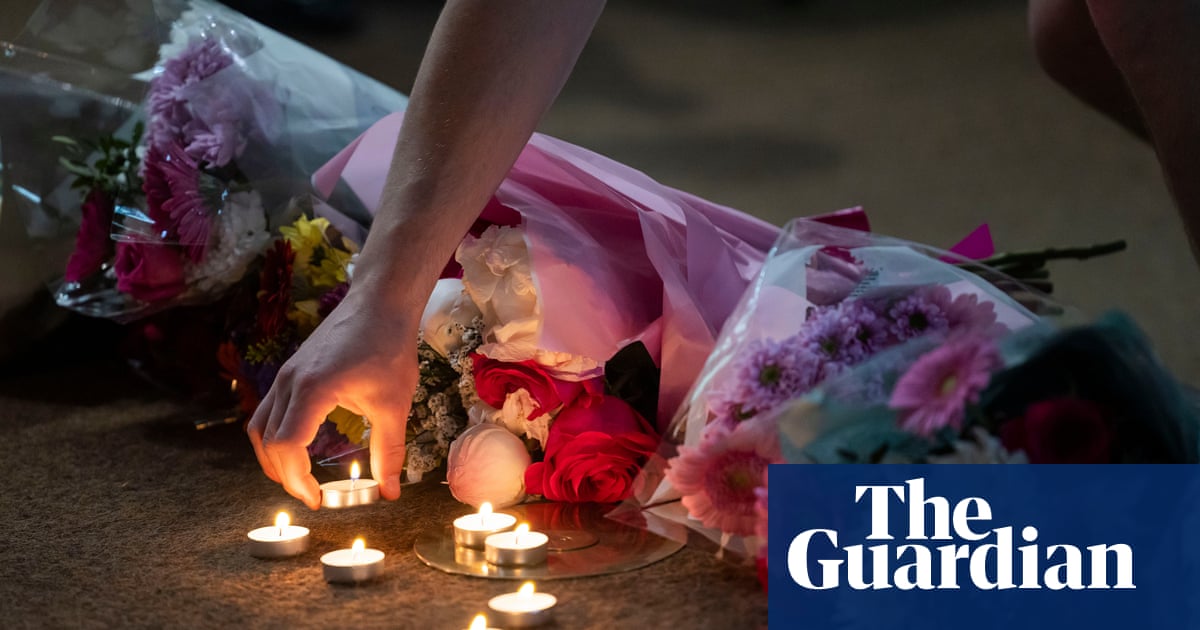
Shortfalls in mental health services and staffing have been flagged as concerns in dozens of inquests since 2015, the Observer can reveal, with coroners issuing repeated warnings over patients facing long waiting lists or falling through gaps in service provision.
The Observer has identified 56 mental health-related deaths in England and Wales from the start of 2015 to the end of 2020 where coroners identified a lack of staffing or service provision as a “matter of concern”, meaning they believed “there is a risk that future deaths could occur unless action is taken”.
Coroners issue Reports to Prevent Future Deaths (PFD) when they believe action should be taken to prevent deaths occurring in future, and send them to relevant individuals or organisations, who are expected to respond. In one case, a woman referred to psychotherapy services had still not received any psychotherapy by the time she died 11 months later. In another, someone had endured a seven-month wait for a psychological assessment.
Alison Cobb, senior policy and campaigns officer at the mental health charity Mind, said: “It’s shocking that so many should lose their lives because there isn’t enough capacity in mental health services to provide adequate care. These prevention of future deaths notices are meant to inform better ways of working, and it’s especially concerning that similar stories are repeating over and over again.”
Many of the cases are suicides. The causes of suicide are complex, and there is rarely a single event or factor behind them. PFD reports do not set out to identify why someone decided to take their own life, and rarely go so far as saying that a particular factor made death more likely by denying the victim the necessary support.
However, in the PFD report for a man who died in December 2019, the coroner wrote that moves to admit the victim as an informal patient at the hospital’s psychiatric unit floundered as “there were no beds available in Suffolk, or anywhere else in the country at the time”.
The coroner wrote: “Had a bed been available and had [he] been admitted as he and medical staff had wished on the evening of the 16 December 2019, his death would not have occurred.”
In another case, the PFD report for a 15-year-old boy who died in October 2018 warned of a lack of NHS services for autism and a “severe shortage of inpatient psychiatric beds for children and adolescents in the NHS”.
Dr Rosena Allin-Khan, Labour’s shadow minister for mental health, said: “The Conservatives have cut a quarter of mental health beds since 2010. This has put the NHS at breaking point, with devastating consequences for people’s lives.
A DHSC spokesperson said: “Every death by suicide is a tragedy and we are committed to ensuring everyone has access to the services when they need them.
“We are expanding and transforming mental health services in England, backed by £2.3bn a year by 2023-24, including £57m of investment in suicide prevention by 2023-24 to support local suicide-prevention plans and the establishment of suicide bereavement services in every area of the country.”
Case study
Terri Blair woke up on 19 March last year to find alarming text messages from her brother Martin Gibbons, who had been staying with her, saying he had self-harmed. She went downstairs to find blood all over her lounge, but Martin had gone. He was found a few streets away with numerous cuts to his arm.
Gibbons, 52, had been growing extremely paranoid in the preceding weeks, and was living with her at her home in Glossop, Derbyshire, for his own safety. An ambulance rushed him to hospital. He agreed to be sectioned under the Mental Health Act, but a mental health bed had to be found for him first.
Blair asked the mental health worker how long it would take. “She just shrugged her shoulders and went, ‘We don’t know, it could be anywhere in the country,’” she told the Observer. “He was panicking, and going ‘what if it’s really far away?’ He was really concerned about it.”
Brother and sister were left by themselves for two hours, with nobody checking on them. Just after 5pm, Gibbons said he was going to the toilet. She went to check on him but could not find him.
Five days later, his body was found. He had left the hospital and bought a knife. The coroner at his inquest this April concluded that he had probably taken his own life, and highlighted the national lack of mental health beds as a matter of concern in her subsequent Prevention of Future Deaths notice.
“It was just a shambles,” Blair told the Observer. “The system absolutely failed him. He could have still been alive today.”












